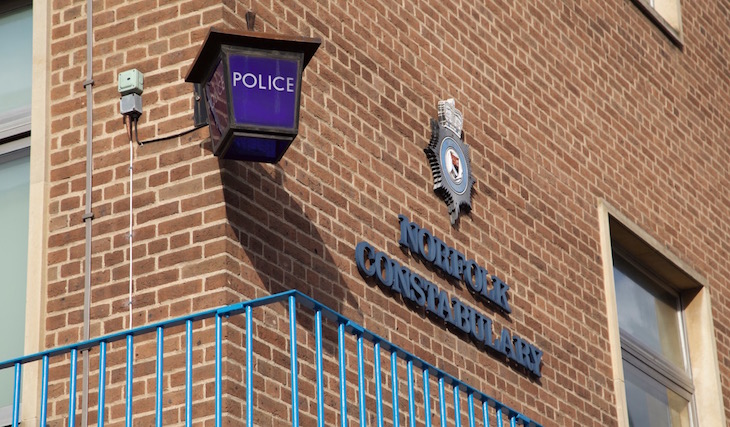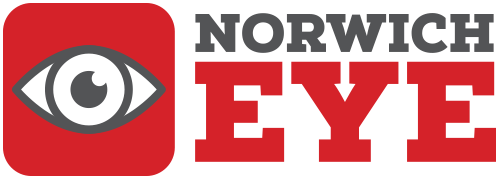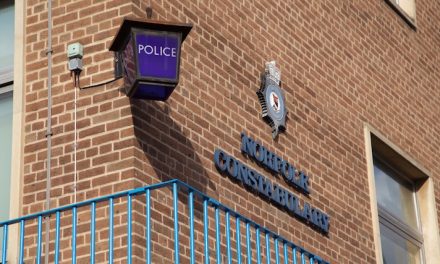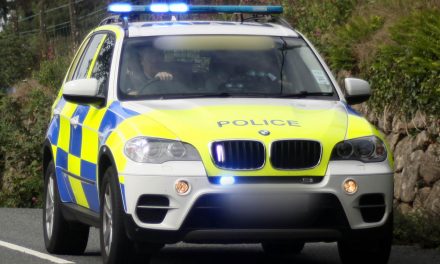| Working together to recognise Modern Slavery |
Working together to recognise Modern Slavery in Norfolk and Suffolk will be the main focus at a special conference later this week. Norfolk and Suffolk Constabularies are hosting the event on Thursday 25 May to enhance their work with partners and organisations in order to tackle Modern Slavery and trafficking. A number of partner agencies will attend the event, including the Gangmasters and Labour Abuse Authority, the Office of the Independent Anti-Slavery Commissioner, British Red Cross, the Salvation Army, Stronger Together and UNSEEN. Modern Slavery is a reality and happens everywhere, even in rural Norfolk. It’s an abuse of Human Rights and effects society’s most vulnerable men, women and children. Chief Constable Simon Bailey said: “It is vital that Norfolk Constabulary works together with our partners and external organisations to identify and support victims. “As an organisation we recognise Modern Day Slavery and we have the resources in place to deal with it but often it is hidden from view. This is why it is so important we continue to work with partner agencies, local authorities and the public to help them recognise the signs and report it. “We all have a role to play in helping those individuals who are being exploited by organised criminals.” Police and Crime Commissioner Lorne Green said: “Modern Slavery is not just a worldwide scourge; it is happening on our doorstep – whether it is vulnerable women being forced into sex working, young people caught up in the drug trade, or other kinds of forced labour. “It is incumbent on us all to do something about it, and I am determined to work together with partners to raise awareness of modern slavery, identify victims and ensure they get the support they need.” Would you know how to spot the signs of Modern Day Slavery? Listed below are some of the signs that might indicate trafficking. Physical Appearance • Show signs of physical or psychological abuse, look malnourished or unkempt, or appear withdrawn and neglected. They may have untreated injuries Isolation • Rarely be allowed to travel on their own, seem under the control, influence of others, rarely interact or appear unfamiliar with their neighbourhood or where they work Poor living conditions • Be living in dirty, cramped or overcrowded accommodation, and / or living and working at the same address Restricted freedom of movement • Have no identification documents, have few personal possessions and always wear the same clothes day in day out. What clothes they do wear may not be suitable for their work • Have little opportunity to move freely and may have had their travel documents retained, e.g. passports Unusual travel times • Be dropped off / collected for work on a regular basis either very early or late at night Reluctant to seek help • Avoid eye contact, appear frightened or hesitant to talk to strangers and fear law enforcers for many reasons, such as not knowing who to trust or where to get help, fear of deportation, fear of violence to them or their family. If you have suspicions that someone is being trafficked – or to get help and seek advice – you can contact the Modern Slavery Helpline on 08000 121 700. If you believe a person is being trafficked and is in immediate danger, you should call 999 straight away. You can also report suspicions of trafficking by calling Norfolk/Suffolk Police on 101 or via Crimestoppers anonymously on 0800 555111. |
Working together to recognise Modern Slavery






Recent Comments